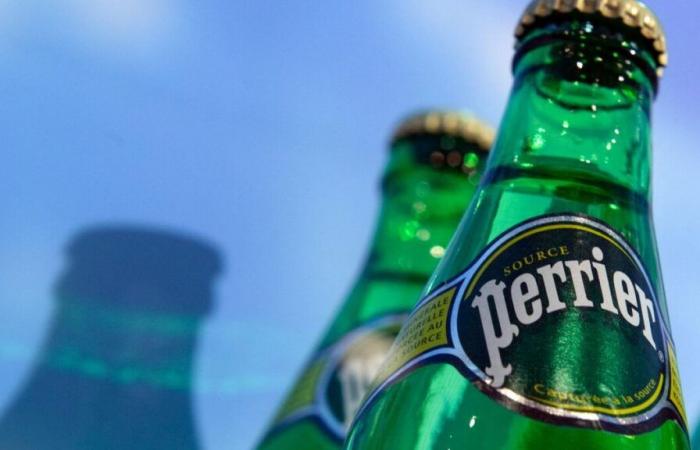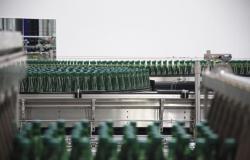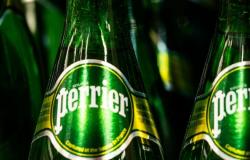
New embarrassing episode in the Nestlé group's illegal filtration scandal. Eleven months after first revelations on the use of prohibited treatments on its bottled waters, a report from the Occitanie health authorities points to the contamination of water resources at the Perrier factory in Gard.
After the media coverage of the affair, the Nestlé Waters group assured that it had eliminated all its illegal processing and implemented plans to transform its factories. “The health safety” of its products had “always been guaranteed”, affirmed the group.
But an inspection report from the Occitanie Regional Health Agency (ARS), dated August 30, shows that the quality of exploited water resources is still not sufficient to produce natural mineral water, reports France Blue. Its conclusions are damning.
The risk of fraud persists
He notes that, although certain unauthorized processing has indeed been withdrawn, the risk of fraud persists. During an unannounced visit on May 30, at the request of the prefect, the inspectors emphasized that “the conditions for carrying out the inspection did not make it possible to ensure that there was no other unauthorized processing device hidden in the factory.”
They also note that “on a technical level, nothing prevents the treatment of natural mineral water by unauthorized processes used for other types of water”. This concerns in particular treatments applied to drinks which do not benefit from the designation natural mineral water.
The quality controls are just as worrying: the microbiological results are “unusual” for natural mineral water, with “water instability”, and the presence of micro-organisms in the raw water, which is strictly prohibited by regulations on mineral water. natural mineral waters.
Production under threat
The report is alarmed by a virological risk for consumers and brandishes for the first time the threat of “a cessation of the production of natural mineral water on the Vergèze site”.
Last April, the factory had already had to suspend production, stop exploiting one of its boreholes at the request of the State and destroy at least two million Perrier bottles after the discovery of bacteria of fecal origin. ARS agents believe that these “bacterial contaminations”, although “punctual”, are “unacceptable for natural mineral water”.
Filters to hide misery
The scandal revealed microbiological contamination (coliform bacteria, Escherichia coli, enterococci) on numerous wells. PFAS (“perennial pollutants”) and pesticides had also been identified.
To compensate for the insufficient quality of its water resources and the removal of the filters which made it possible to purify it, the Perrier factory has intensified treatment by microfiltration, that is to say thanks to filters with a very tight mesh. (up to 0.2 microns). But if these microfilters allow bottles of Perrier sold commercially to have a high compliance rate, they are “not regulatory” in the eyes of ARS agents, because their disinfectant effect is “proven”, recalls France Blue.
The State knew: as early as 2021, the government had been notified by Nestlé of its use of disputed treatments. Without making the matter public, he subsequently relaxed the regulations, allowing manufacturers to use microfilters with a filtration threshold of less than 0.8 microns. In October, a senatorial report deplored the lack of transparency among manufacturers and public authorities.





